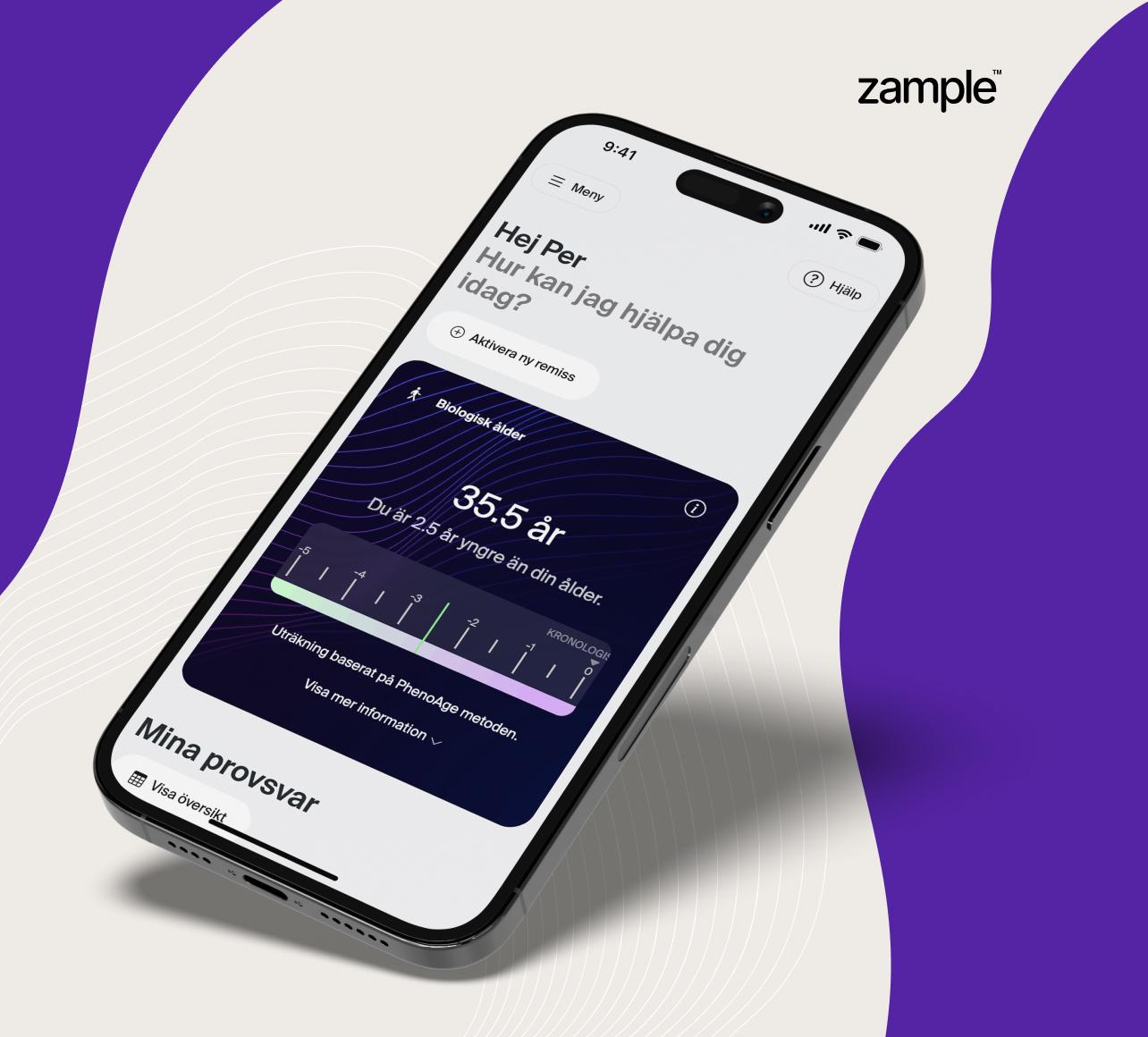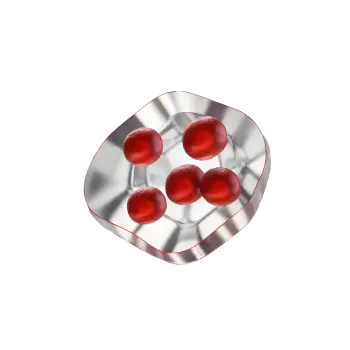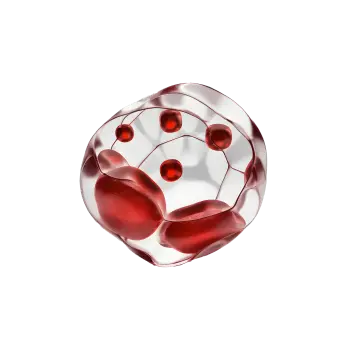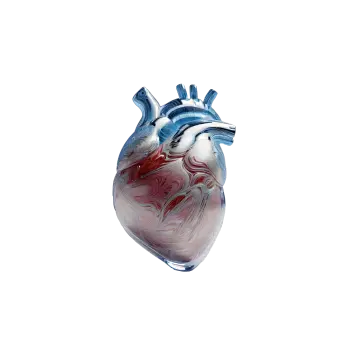Get the prerequisites for achieving optimal health with our extensive health check designed for men. The health check has been specifically created for men and includes a wider range of biomarkers to provide you with an in-depth insight into your health data. With our health check, you can take control of your lifestyle, prevent future health conditions, and thus optimize your health.
What does the man plus health check offer?
If you are looking for a comprehensive insight into your health, this is the health check for you and includes several relevant biomarkers, which will help you and our doctor identify any risk factors in different health areas. By completing the health check, you will gain access to valuable health data that can be used to improve your lifestyle and prevent future health problems. In addition, a professional opinion from a licensed physician is included for extra peace of mind.
Summary of tests analyzed:
Iron status: Assesses the body's iron stores through analysis of transferrin, iron and ferritin. Iron deficiency can lead to fatigue and decreased performance, while elevated iron levels can be harmful.
Blood Status & Immune System: Includes a differential blood cell count and analyses of mean cell volume (MCV), erythrocyte sedimentation rate (ESR), hematocrit (HSR), hemoglobin (HB), hemoglobin mass, leukocyte count (LCR), and platelet count. These parameters can provide insight into anemia, immune system activity, and blood clotting ability.
Hormone Balance: Measures levels of total testosterone, free testosterone, SHBG, cortisol, and luteinizing hormone (LH). These hormones are crucial for reproductive health, energy, muscle mass, and stress regulation.
Vitamins & Minerals: Includes tests for vitamin B12, folate (B9), vitamin D, magnesium, and zinc, which are important for immune function, metabolism, and energy production.
Liver Function: Analyzes liver health by measuring ALT, AST, alkaline phosphatase (ALP), bilirubin, and GT. Elevated levels may indicate liver damage, inflammation, or impaired liver function.
Kidney Function: Evaluates kidney filtration capacity and electrolyte balance by measuring albumin, cystatin C, phosphate, calcium, potassium, chloride, creatinine, sodium, urea, and eGFR (cystatin C). Kidney function tests can detect early signs of kidney disease and fluid balance problems.
PSA test: Analyzes the concentration of total and free PSA (prostate-specific antigen) in the blood, which can provide important information about the health of the prostate. PSA tests are used to assess the risk of prostate cancer as well as benign prostatic hyperplasia or inflammation.
Heart & Vascular: Evaluates cardiovascular health by analyzing ApoB/ApoA ratio, Apo A1, Apo B, HDL cholesterol, LDL cholesterol, total cholesterol, triglycerides, creatine kinase, CRP (C-reactive protein). These markers can indicate the risk of cardiovascular disease, inflammation, and muscle damage.
Thyroid function: Assesses the health of the thyroid gland by testing free T3, free T4, and TSH. These hormones affect metabolism, energy levels and weight regulation.
This comprehensive health check gives you a detailed insight into your current health status and can help detect potential imbalances or disease conditions in time, allowing for preventive measures and lifestyle changes.
Get a handle on your values
Regular health checks are an effective way to detect risk factors and signs of disease early before symptoms occur. By monitoring your biomarkers, you can identify abnormalities that may affect your health and, if necessary, take steps to prevent future disease conditions. An annual health check provides a comprehensive overview of your body and can reveal early signs of, for example, metabolic disorders, cardiovascular diseases, hormonal imbalances or nutritional deficiencies. It also provides insight into how your lifestyle affects your long-term health, which can help you make more informed decisions about diet, exercise and other lifestyle factors. Keeping track of your health values makes it possible to proactively optimize your health and reduce the risk of future health problems – so you can live a healthier and more prosperous life.
Why should I choose Testmottagningen?
We are one of Sweden's most popular healthcare providers and we combine market-leading prices with the highest possible quality. All tests are analyzed by Sweden's leading laboratories, Unilabs, Karolinska and Synlab, which ensures that you get reliable and trustworthy results. In addition, you get access to expert advice and the opportunity to book tests without a referral from a doctor, which gives you flexibility and convenience.























